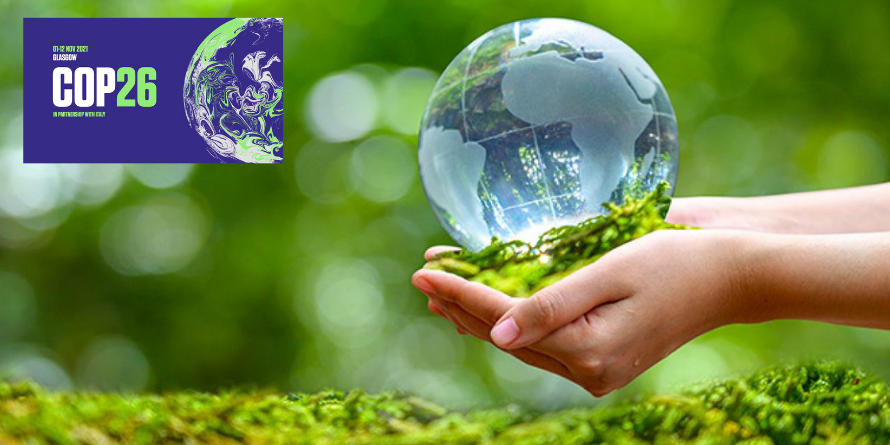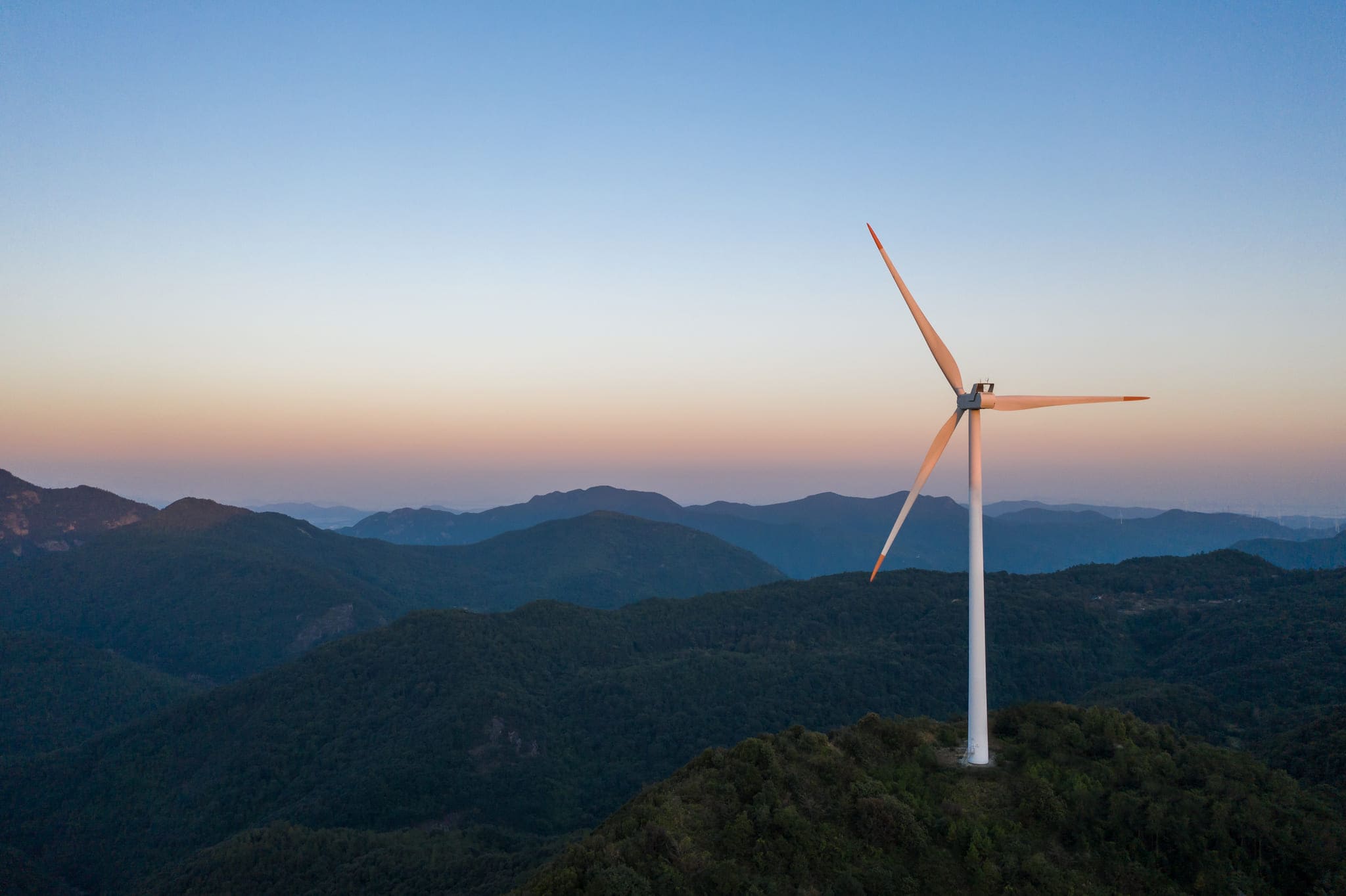COP26 pledges: declarations and pacts explored
The 2021 UN climate conference ended with a final agreement that sets the global agenda for the next decade. In this blog, we recap on the deals that were made to tackle climate change and create a cleaner, more sustainable planet.

The 2021 UN climate conference, COP26, ended with a final agreement that sets the global agenda for the next decade. Throughout the two-week conference in Glasgow, we heard from world leaders as they shared their net zero action plans. In this blog, we recap on the deals that were made to tackle climate change and create a cleaner, more sustainable planet.
In 2015, the Paris agreement set a 1.5C global ambition for global warming. Following this, at the 26th annual summit held in Glasgow, 200 countries outlined their plans to deliver against the climate pledges made six years ago.
On Sunday 14th November 2021, it was announced that a global agreement had been made. Although not legally binding, the final agreement known as the ‘Glasgow Climate Pact’ spans declarations and pledges, calling for a reduction in carbon emissions and fossil fuels, electrification of transport and other global climate initiatives.
Here are some of the main headlines from the agreement:
Reducing global warming
1. The Glasgow Climate Pact challenges countries to return the following year with more ambitious 2030 objectives in accordance with the Paris Agreement's aim of keeping global warming well below 2°C and closer to 1.5°C. Countries such as China, Australia, Saudi Arabia, and the United States have less ambitious climate plans and are being pressured to return with more aggressive plans by the end of 2022.
“Phase-out” fossil fuels
2. The Glasgow Climate Pact is the first COP26 resolution to call for a “phase-out” of fossil fuel subsides. This is the first time that fossil fuels have been specifically mentioned in a United Nations climate pact. Originally, COP26 called for “accelerating” the transition from coal to clean power - however, the change in language from “accelerating” to “phase-out” was instigated by China and India against the guidance of the original COP26 goal and was met by disagreements from many European nations.
3. 190 nations and organisations, including major coal-producing countries like Poland and Vietnam, had pledged to phase-out coal-fired power generation. A "global coal to clean power transition statement," which commits countries to " end all investment in new coal power generation domestically and internationally " was included in the pledge. The UK government announced that 23 nations, including Indonesia, South Korea, Poland, Vietnam, and Chile, are "committing for the first time to phase out and not build or invest in new coal power”.
Zero emission cars
4. A new declaration committed 38 governments to work towards all sales of new cars and vans being zero emission globally by 2040 and 2035 in leading markets. This declaration also included automotive manufacturers, fleet owners and operators or shared mobility platforms such as Uber and National Grid, as well as financial institutions like Aviva and NatWest.
Stopping deforestation
5. 130 countries signed up to a deforestation pledge, promising to “work collectively to halt and reverse forest loss and land degradation by 2030”. The pledge included around 85% of the world’s forests, in a bid to stop deforestation by 2030.
Slashing methane
6. Almost 100 nations have agreed to slash methane emissions by 30% by 2030 in the global methane pledge. Unfortunately, China, Russia and India did not join this initiative, despite being large emitters. Fulfilling this pledge “would reduce warming by at least 0.2C by 2050”. Changes are expected by addressing methane leaks from oil and gas wells, pipelines, and other fossil fuel infrastructure. Other sources of gas, such as animal farms and decaying garbage in landfills, also contribute significant volumes of the gas.
Finance
7. Financial institutions with a combined $130 trillion pledged to support "clean" technology like renewable energy and divert funds away from fossil-fuel-burning companies. The COP26 presidency produced a "delivery plan" before the event, which outlined how richer countries would provide the funds by 2023 - however new funding from Japan may put them over the finish line a year sooner.
8. Then-UK Chancellor Rishi Sunak announced plans for the UK to be the world's first net zero aligned financial centre, with the requirement for UK firms and financial institutions to publish their green plans by 2023. Sunak’s plans will force the largest firms and financial institutions to show how they intend to move their businesses to net zero. This includes the roll-out of a new body called the ‘Transition Plan Taskforce’, set up to stop large firms from greenwashing when they draw up their strategies, and ensure they have to include greenhouse gas reduction targets.
The Glasgow Breakthroughs global initiative
9. 40 countries have signed on to the "Glasgow Breakthroughs," a pledge to provide developing countries with the innovation and tools they need to transition to net zero carbon emissions.
10. The “Glasgow Breakthroughs’ aims to make clean power the most affordable and reliable option for all countries to meet their power needs efficiently by 2030. This includes and assessment of global progress and reporting on evidence of clean energy capacities globally.
The next steps
COP26 President Alok Sharma closed the conference saying: “We can now say with credibility that we have kept 1.5 degrees alive. But, its pulse is weak and it will only survive if we keep our promises and translate commitments into rapid action.”
Ahead of COP27 in Egypt, taking place November 2022, nations will publish their updated Nationally Determined Contributions (NDCs) to the Paris Agreement to be delivered by 2030.

Stay informed with the latest industry developments
The UK energy system is evolving rapidly, and we regularly publish reports and guides to keep our customers informed about the latest trends and insights. Explore our collection, and stay ahead of the curve.

